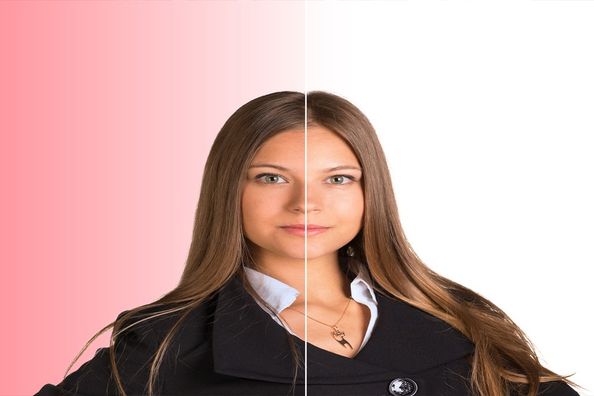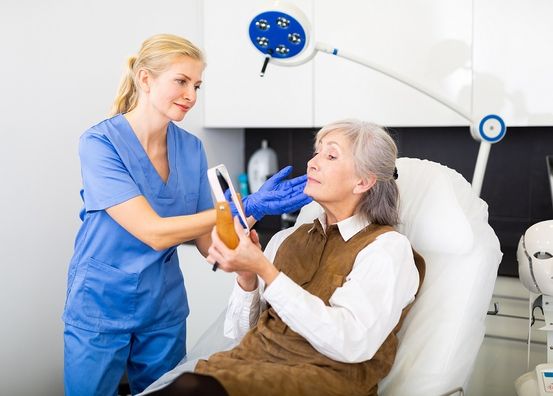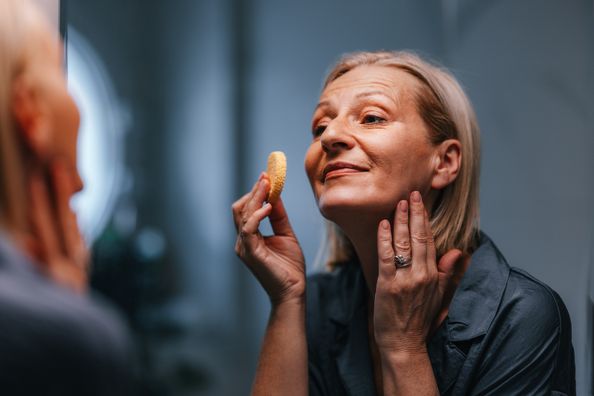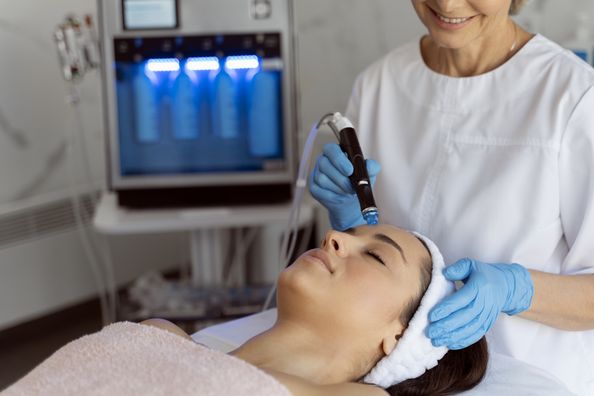Over the past several years, hydroquinone has become a controversial skin-care ingredient for topical use. For over 50 years, hydroquinone has been established as the most effective ingredient for reducing and potentially eliminating brown skin discolorations often referred to as melasma, liver spots and café au lait spots. Hydroquinone is a strong inhibitor of melanin production.
Hydroquinone prevents skin from making the enzyme responsible for triggering melanin, the chief pigment that gives skin its color. Its effectiveness is based on the concentration of hydroquinone in the product. Over-the-counter products can contain 0.5% to 2% concentrations. At the pharmacy, 4% concentrations of hydroquinone (and sometimes even higher) are available by prescription only. A concentration of 12% hydroquinone actually prevents the production of melanin altogether.
Over the past several years, information about negative side effects from using hydroquinone products has been released. Yet a closer look at the research indicates problematic skin reactions are rare and, more often than not, minor. The negative research has been questioned because it doesn’t match how people actually use the product.
Questions concerning hydroquinone, in terms of it being a carcinogen, have also been addressed in research. Problematic incidences have occurred when hydroquinone was fed or injected into rats in large doses, though when administered topically there has been no research showing it to be mutagenic on humans or animals. What should be noted is that there is abundant research showing hydroquinone to be safe and extremely effective. To show how there are two sides to every story, there is also research illustrating that workers who handle pure hydroquinone actually have lower incidences of cancer than the population as a whole.
What is abundantly clear is that hydroquinone is a well-researched ingredient, incredibly effective for its intended purpose, and that no other skin lightening ingredient compares to its effectiveness.
That being said, some companies, such as Procter & Gamble (P&G, owner of brands such as Olay and DDF) are working hard to come up with skin lightening ingredients that rival the effectiveness of hydroquinone. In the future, patients may have more choices when it comes to skin lightening.
Health Topics:







